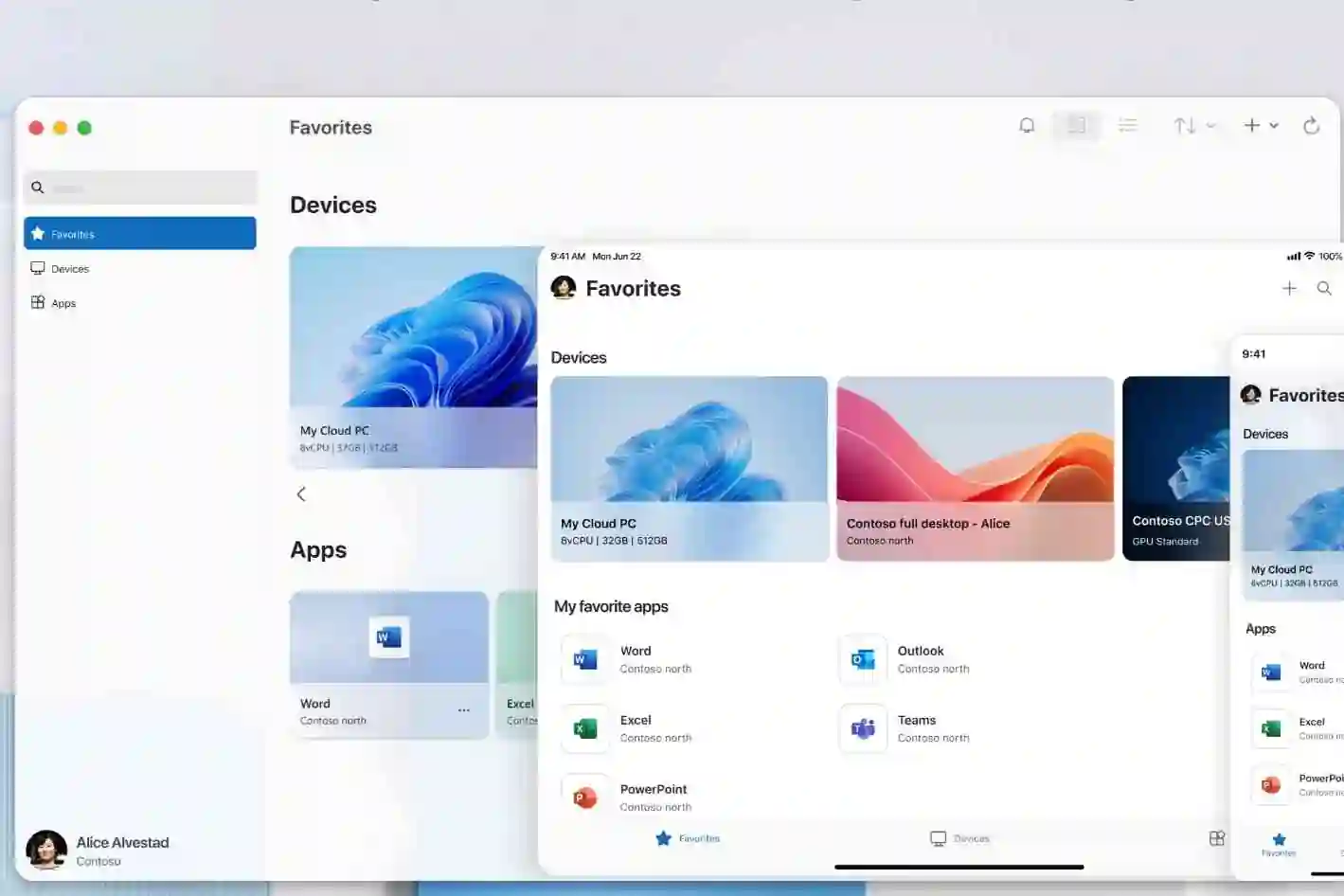Introduction:
In today's rapidly evolving technological landscape, businesses face numerous challenges in managing their IT infrastructure. From complex software development to network maintenance and cybersecurity, IT operations demand specialized knowledge and resources. To overcome these hurdles, many companies are turning to outsourcing IT services. By entrusting their IT needs to external service providers, organizations can leverage a wide range of benefits. In this blog post, we will explore the advantages of outsourcing IT services and how it can positively impact businesses.
Cost Savings:
One of the primary reasons companies opt for outsourcing IT services is cost savings. Establishing an in-house IT department requires significant investments in infrastructure, equipment, software licenses, and personnel. By outsourcing, businesses can avoid these upfront costs and instead pay for services on a subscription or project basis. This allows them to allocate their resources more efficiently, reducing operational expenses and increasing profitability.
Access to Expertise:
IT outsourcing enables businesses to tap into a vast pool of specialized expertise. IT service providers are staffed with professionals who possess a deep understanding of various technologies, frameworks, and industry best practices. Whether it's software development, system administration, or cybersecurity, outsourcing allows organizations to leverage the knowledge and skills of experienced professionals. This access to expertise can lead to better IT solutions, improved efficiency, and faster problem resolution.
Scalability and Flexibility:
Another advantage of outsourcing IT services is the ability to scale resources quickly and adapt to changing business needs. IT demands can fluctuate over time, especially during peak periods or when implementing new projects. With an outsourced IT provider, businesses can easily scale up or down their IT infrastructure and services. Whether it's adding more servers, increasing storage capacity, or expanding network capabilities, outsourcing offers the flexibility to align IT resources with business requirements efficiently.
Focus on Core Competencies:
Outsourcing non-core IT functions allows businesses to focus on their core competencies. By delegating IT tasks to external experts, organizations can allocate more time and resources to strategic initiatives and revenue-generating activities. This increased focus on core competencies can drive innovation, enhance customer satisfaction, and create a competitive edge in the marketplace. Outsourcing IT services enables businesses to prioritize their strengths while leaving IT management in the hands of professionals.
Enhanced Security and Compliance:
In today's digital landscape, cybersecurity and data protection are paramount. Outsourcing IT services provides access to dedicated security teams that possess the expertise to implement robust security measures and ensure compliance with industry regulations. IT service providers stay up-to-date with the latest security threats and trends, employing advanced tools and methodologies to safeguard sensitive data. By entrusting IT security to experts, businesses can minimize the risk of security breaches and protect their reputation.
24/7 Support and Monitoring:
Outsourced IT service providers often offer round-the-clock support and monitoring services. This means that businesses can enjoy continuous IT assistance, quick issue resolution, and proactive system monitoring. With 24/7 support, organizations can minimize downtime, maximize productivity, and ensure business continuity. IT service providers can quickly identify and address potential problems, often before they impact day-to-day operations, saving time and minimizing disruptions.
Conclusion:
Outsourcing IT services offers numerous benefits that can significantly impact a business's success. From cost savings and access to expertise to scalability and enhanced security, outsourcing allows organizations to focus on their core competencies while leveraging the knowledge and resources of specialized IT professionals. By embracing outsourcing, businesses can stay agile, reduce operational costs, and gain a competitive advantage in the ever-evolving digital landscape.













